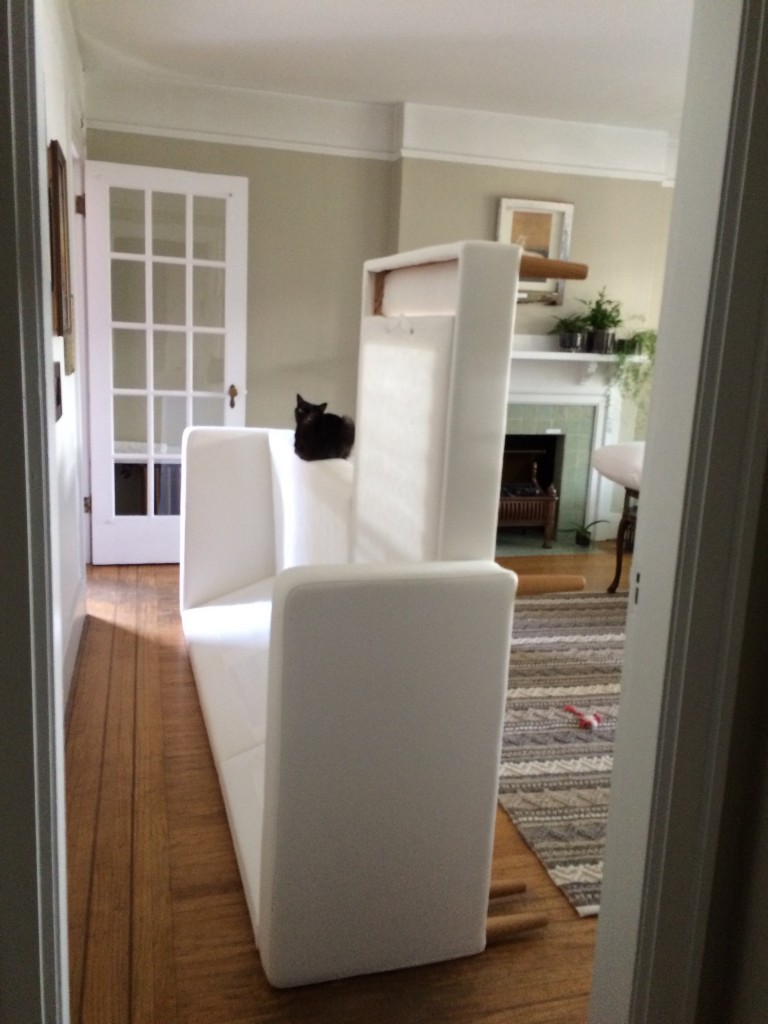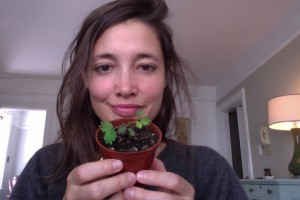
It was great to receive feedback and formal tips on how best to traditionally represent oneself in a professional manner on LinkedIn. That being said, I did find the experience mildly invasive, since LinkedIn is a public stage and as a mature student who has had a LinkedIn profile for a number of years, I have established how I personally wish to represent myself and that choice goes against the traditional.
Brainstorming and preparing my report proposal and outline was a great exercise in thinking about and planning the steps to complete the larger task of writing the report. I believe it is progressing nicely. I am slightly concerned since I do not have a clear picture on how it will all come together but once I gather the data, review example reports and begin my own report, I am sure I will feel more confident.
The peer review of my partner’s formal report proposal was my favourite assignment in this unit. At first I thought it would be a hard exercise since my partner is a stellar student. Knowing that, however, encouraged me to think deeply about how I could help him improve his work. The suggestions I came up with are things that not only help him but can also strengthen my own report — a fruitful happenstance.
Through the peer review process, my partner helped me see areas in which I could bolster my proposal by citing a specific consequence of the problem as well as supply a bit more concrete information on how to solve the problem. In addition, he was able to help smooth out the small grammatical errors my tired eyes missed.
Peer reviewing has largely impacted my view of writing. Not only does my peer’s suggestion improve my work, my recommendations also allow me to think about writing as a whole and take that experience and bring it back into my work.
Revised Report Proposal (based on Wes Berry’s suggestions)
